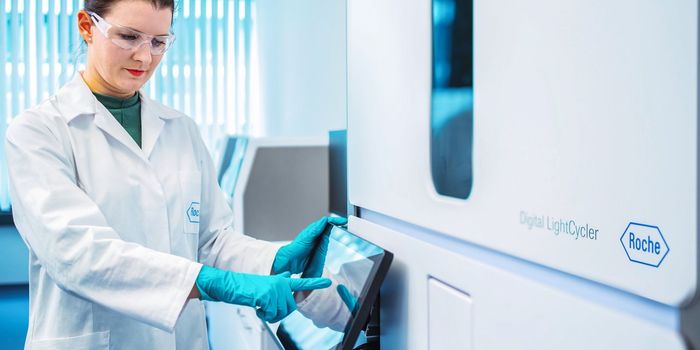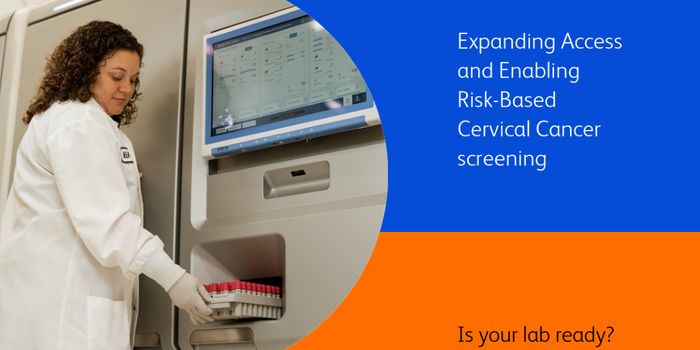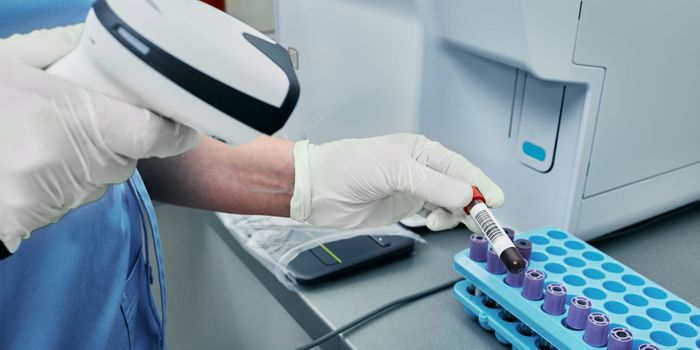The First Alzheimer's Blood Test is Now FDA Approved
The US Food and Drug Administration (FDA) has approved the first blood test for Alzheimer’s disease. While this test is not meant as a screening device, and should be used in adults who are 55 and over in conjunction with other evaluations like brain imaging, it is a breakthrough in Alzheimer's care, and hopefully, will enable affected individuals to receive a diagnosis sooner. This could help them receive treatments faster, and may improve outcomes for patients and their caregivers and families.
Alzheimer’s disease is a progressive neurodegenerative disorder and many patients are not diagnosed until many symptoms have already appeared.
Tests for Alzheimer's can involve expensive PET scans, or invasive spinal taps that access cerebrospinal fluid, which can then be used to measure the levels of aberrant proteins like amyloid beta, which forms plaques in the brains of Alzheimer's patients and has long been linked to the disease. This blood test presents another option for clinicians who may not always be able to perform those tests, by analyzes the ratio of a tau protein and amyloid beta in blood samples.
In a small study of about 500 people who showed signs of cognitive impairment, this test was able to identify 91.7% of people who carried amyloid plaques that could also be detected by PET scan or CSF. This test could also rule out unaffected individuals: in 97.3% of cases, it showed who did not carry amyloid plaques, as confirmed by PET scan or CSF. Fewer than 20% of those tested had an indeterminate result.
The blood test seems to be a reliable way to reveal who has amyloid plaques that have been linked to Alzheimer’s disease, and will be a very useful tool for clinicians who are assessing adults with cognition problems. However, the test is not perfect, and there is still a low risk of false positives and negatives, so other clinical assessments are still necessary.
“Alzheimer’s disease impacts too many people, more than breast cancer and prostate cancer combined,” said FDA Commissioner Martin A. Makary, M.D., M.P.H. “Knowing that 10% of people aged 65 and older have Alzheimer's, and that by 2050 that number is expected to double, I am hopeful that new medical products such as this one will help patients.”
“Nearly 7 million Americans are living with Alzheimer's disease and this number is projected to rise to nearly 13 million,” said Michelle Tarver, M.D., Ph.D, the Health Director at the Center for Devices and Radiological Health. “Today’s clearance is an important step for Alzheimer’s disease diagnosis, making it easier and potentially more accessible for U.S. patients earlier in the disease.”
Sources: FDA, Alzheimer's Association









